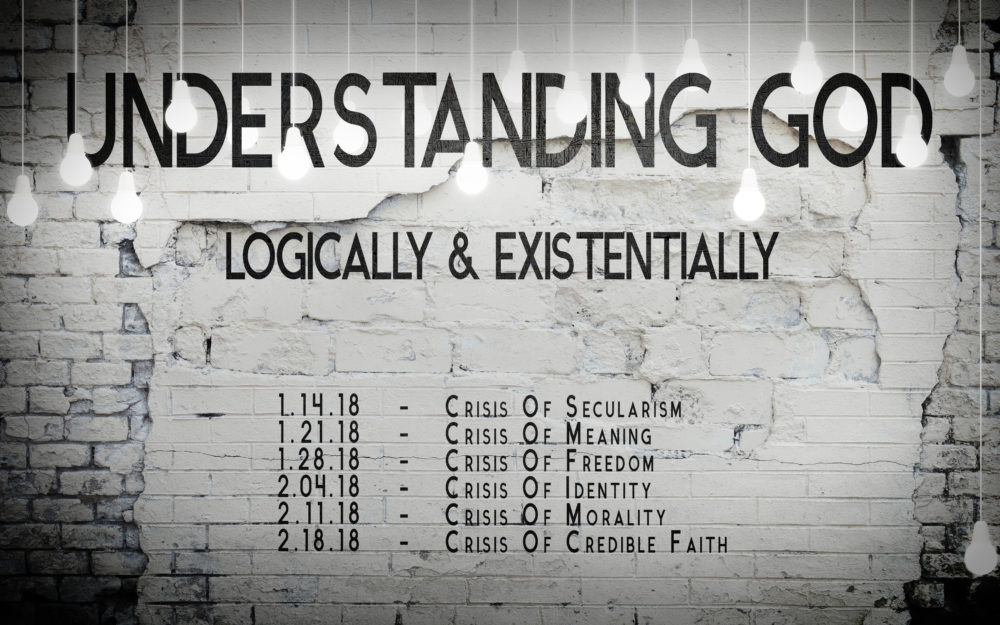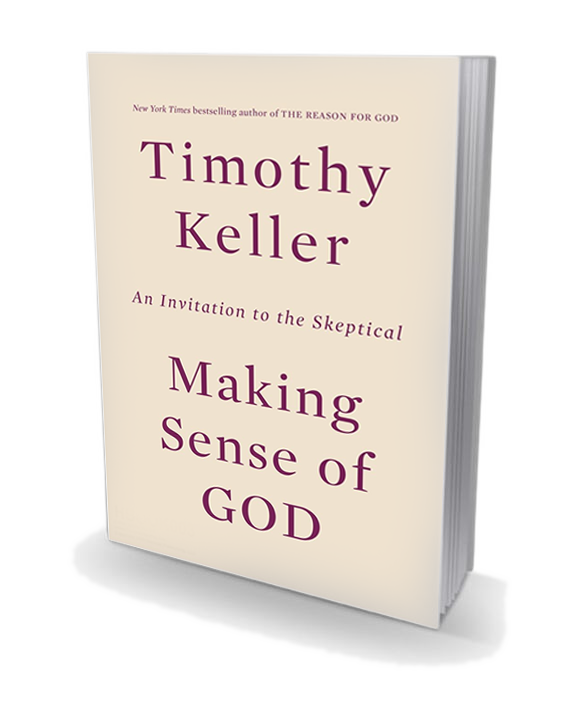Matt Sweetman"Every person has a profound longing for the transcendent."
An Invitation...
Evolutionary psychology, neuroscience, philosophy, social science, anthropology, history, as well as other fields of study, all indicate that the human race is religiously oriented by nature. People have an exceptionally hard time not seeing life as a story in which there exists a higher purpose. We are irresistibly drawn to meta-narratives, whether it be a theory-of-everything or an original creator. A purely secular view, that which denies metaphysics, has unavoidably become dissatisfying since it is less compatible with our fundamental disposition.
Modern secular people not only face a deep existential problem, but also a rational and sociological one. There exist powerful reasons to accept a spiritual perspective, beyond its useful compatibility with human nature. To the surprise of some, these lines of thinking are supported with sound logic. They also have sociological benefits, making them highly desirable to anyone interested in making a better world.
We invite you to listen to a series of talks at our church titled: Understanding God – Logically & Existentially. These messages explore such themes and seek to contrast secular ideology with the message of Jesus. Since belief in something spiritual appears to be unavoidable and natural, we should ask which beliefs are rational, satisfying, and make the most sense of the world? At the very least, we ask you to listen to the first message in this series to see it’s potential relevance for you, as you search for the truth.
#1 Crisis of Secularism
Since some things have not – or cannot – be empirically discerned, no one can draw all their conclusions about life on scientific evidence alone. We all use a combination of evidence, personal experience, social influence, intuition, and assumption to form our worldview. As it turns out, the secular position is at least equally vulnerable to critique, or at most irreconcilably undermined. Explore the Crisis of Secularism in the media player below, or on our iTunes podcast.
#2 Crisis of Meaning
It is personally and communally dangerous for people to lose meaning in their life since it can lead to nihilism. While secular ideology relies on self-generated meaning in temporal pursuits, and can be deeply rewarding to those achieving their desires, it’s ability to guide all people through all things in life is demonstrably false. Looking beyond the material world for meaning has a unique advantage not to be dismissed. Explore the Crisis of Meaning in the media player below, or on our iTunes podcast.
#3 Crisis of Freedom
Freedom has arguably become the highest value in our culture. However, secular thought would never have arrived at it, nor is it predicted to sustain it. Freedom is historically contingent upon a particular belief system. Grasping its Christian origins helps us understand its true nature, and the insufficiencies of secularism to protect and maintain it. Are we free from something or free for something? Explore the Crisis of Freedom in the media player below, or on our iTunes podcast.
#4 Crisis of Identity
Is it rational or healthy for us to believe the secular concept that we can be anything or do anything we want? Proper identity formation cannot happen without a fulfilling worldview, influenced by respectable voices, that also embraces personal limitation. People of faith have an important distinction as it relates to our inner development. Explore the Crisis of Identity in the media player below, or on our iTunes podcast.
#5 Crisis of Morality
People do not need to be religious in order to have moral feelings or standards – nor to live a good life. However, secular ideology has no grounds to claim moral obligation and must either deny external morals or take a faith position on them. Within this topic exists one of the strongest clues for God. Explore the Crisis of Morality in the media player below, or on our iTunes podcast.
#6 Crisis of Credible Faith
Secularism faces one last crisis — namely that faith in God is credible after all! There are not only profound explanations for the existence of God, but compelling proofs for the validity of Jesus’s life and claims. Explore the Crisis of Credible Faith in the media player below, or on our iTunes podcast.
#7 Resurrection: Evidence & Meaning
Explore the central claim of Christianity...the resurrection of Jesus. What evidence is there for it? What does it mean for each of us? Listen through the media player below, or on our iTunes podcast.
Matt Sweetman - January 14, 2018
Understanding God - Crisis of Secularism

From Series: "Understanding God"
More From "Understanding God"
Powered by Series Engine
This series was based in part on the book Making Sense of God, by bestselling author Timothy Keller. Buy it here.


